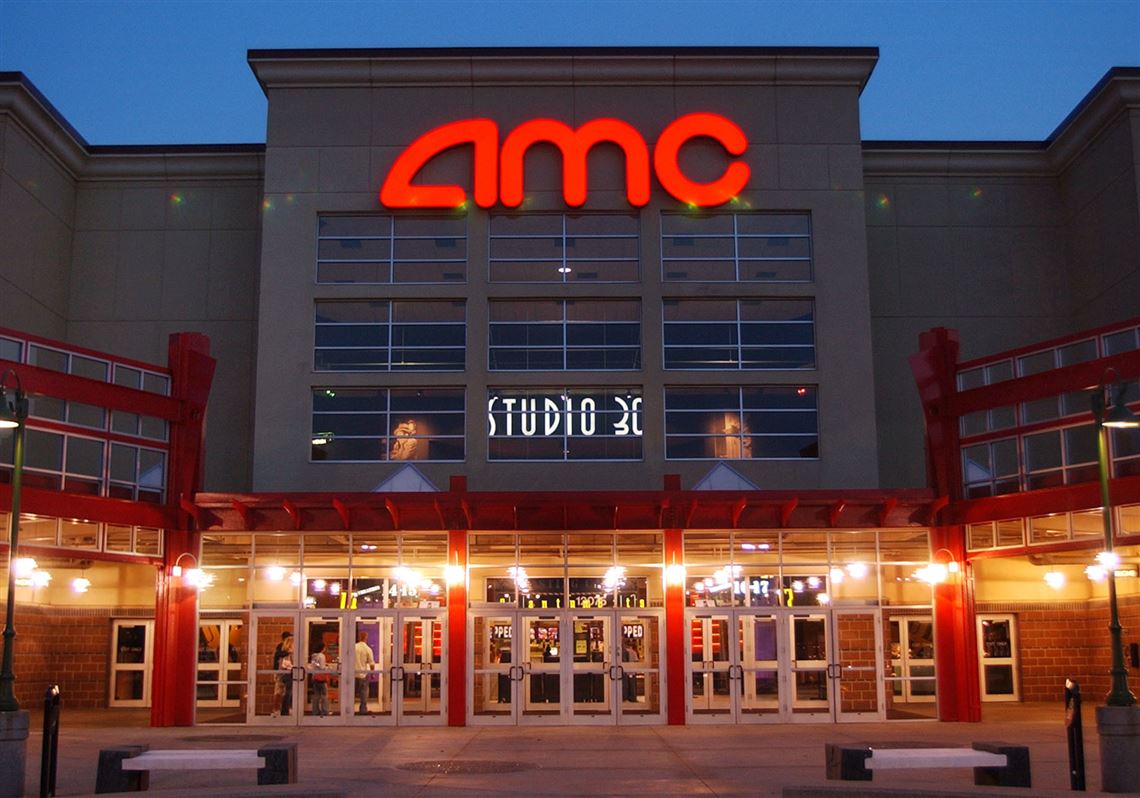
Sasha Hupka
Harrisburg Bureau
Jul 5, 2019
8:30 AM
HARRISBURG — Going to the movies on a rainy Sunday afternoon is completely normal. In Pennsylvania, it’s also illegal.
On Sundays, it is also against the law to play baseball during certain hours, hold a concert or sell automobiles — three of the 19 weekend restrictions that state lawmakers are working to change.
The regulations, commonly known as blue laws, are relics of past centuries, when Sunday was considered a day of rest. Like many other states, Pennsylvania enacted the laws to regulate what people could and couldn’t do on Sundays. Since then, they’ve stayed on the books, even as changing cultural attitudes and technological advancement have made them obsolete.
“I can remember when you couldn’t find a store open on Sunday,” said Sen. James Brewster, D-McKeesport, who is the primary sponsor of a bill to rewrite Pennsylvania’s Sunday hunting ban. “A hundred years ago, it would’ve been pretty easy to avoid doing anything on Sunday. Those things have changed now.”
There are two competing theories on why the restrictions are called blue laws. One posits that “blue” comes from an 18th-century meaning of the word — to be morally rigorous — and another suggests that the name derives from a book, printed on blue paper, that listed the stiff Sabbath regulations in New Haven, Conn.
Many of the blue laws have gone the way of the dodo, thanks to a 1978 Pennsylvania Supreme Court decision that ruled most of them were unconstitutional because they were not always applied evenly. The laws, the court said, often included exceptions for some people and businesses but not for others.
Still, many of the laws remain in writing. And because the court did not rule that blue laws as a concept were unconstitutional, some laws, such as the statewide bans on automobile sales and Sunday hunting, are still enforced — mainly because of their applications to modern-day life, according to Mr. Brewster.
“When you hear guns going off, it gets people’s attention,” he said. “When you walk into a movie theater, it doesn’t as much.”
While some of the laws state legislators are seeking to repeal are still enforced, many of them aren’t. Three of the 19 bills, for example, would repeal bans on playing sports during certain times. One would repeal an outdated licensing tax on stores and movie theaters — a tax the Pennsylvania Department of Revenue hasn’t even been collecting.
A controversial measure would have created an Independent Office of the Repealer, which would annually review the state’s laws and recommend statutes for removal. The bill failed on the House floor in April, after Democrats and some Republican lawmakers voiced opposition to it. Supporters pitched it as a way to streamline the process of repealing obsolete laws. Those against the idea argued it would be a waste of money, because legislators would still have to pass bills to repeal laws. One critic, Rep. Matthew Bradford, D-Montgomery, called it a “political stunt.”
Many of the repeal efforts are being pushed by Republican state representatives as part of their Government Done Right initiative, which aims to bolster effective lawmaking by reducing costs and decreasing government bureaucracy. Many legislators had introduced their repeal measures scattershot in the past but this year decided to work together in a unified block.
Mike Straub, a spokesperson for House Republicans, said efforts to repeal the archaic laws aim to “address a number of out-of-date laws all at one time” and came from a desire to ensure citizens were not confused by seeing the statutes on the books.
Pennsylvania is not the only state mulling whether to repeal statues from a bygone era. The repeal of blue laws across the United States gained traction in the 1970s, and in recent years, several other states have made moves to overturn decades-old restrictions on commerce and weekend activities. In 2017, Maryland overturned restrictions on Sunday hunting, and New York approved legislation in 2016 that allowed restaurants and bars to legally serve alcohol on Sunday mornings.
Heather Morton, a fiscal affairs researcher with the National Conference of State Legislatures, stopped short of calling the repeal of blue laws a “full-scale trend” but wrote in an email that she has seen ongoing efforts to repeal restrictions in some states that still have them on the books.
“I put the repeal efforts more in the relatively scattered process category,” she wrote. “Many states have already repealed their blue laws.”
And in Pennsylvania, many see getting rid of the state’s old-fashioned laws as a step into the future.
“We’re changing at warp speed,” Mr. Brewster said. “A driverless car is a long way from a horse and buggy.”
Correction: This story has been updated to correct the last name of Matt Bradford, which was wrong in an earlier version.
Source
No comments:
Post a Comment